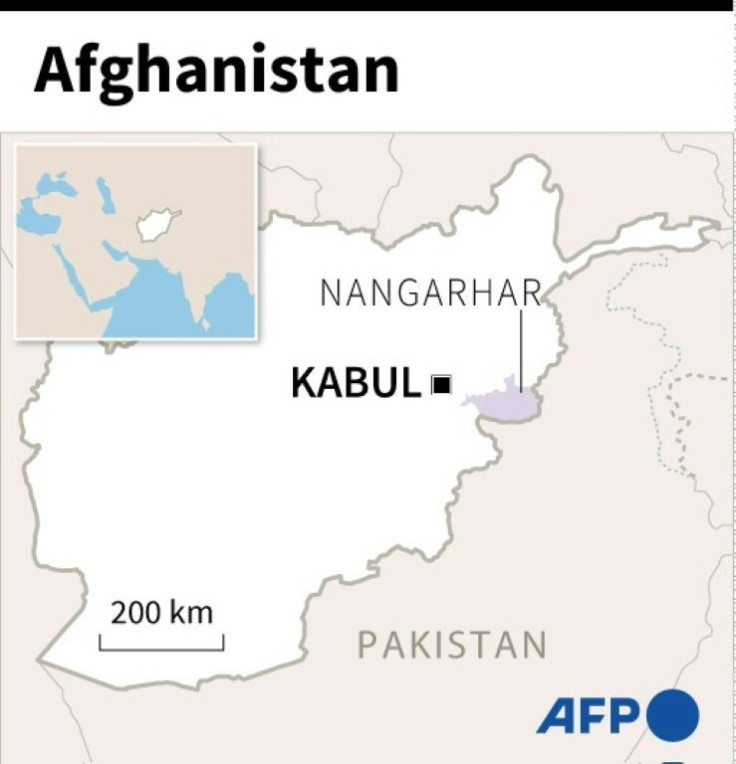At Least Three Killed In Afghan Mosque Blast
At least three people were killed and 15 wounded Friday by a blast at a mosque in Afghanistan's restive Nangarhar province, a hotbed of Islamic State activity, officials said.
The blast -- for which no group has yet claimed responsibility -- underscores one of the many challenges facing the new Taliban regime in Afghanistan, with the UN warning the country is also on the brink of the world's worst humanitarian crisis.
It happened during Friday prayers in Spin Ghar district of the eastern province, near the border with Pakistan.
"I can confirm a blast during Friday prayers inside a mosque in Spin Ghar district. There are casualties and fatalities," a Taliban official told AFP.
Walli Mohammed, a local elder and activist, told AFP a bomb appeared to have been hidden in a loudspeaker near the imam's rostrum.

When the speaker was switched on to sound the azaan -- the call to begin the prayer ritual -- the device detonated, he said.
"So far three killed, 15 wounded," a doctor at the local hospital told AFP.
In a statement, the Nangarhar governor's office said they had arrested two "perpetrators", but provided no other details.
"Further investigation into the incident is ongoing and more actions will be taken," it said.

Islamic State-Khorasan, the local branch of the jihadist group, first emerged in Nangarhar and was formally recognised by the group's central leadership in 2015.
The group had a relatively small but potent presence in Afghanistan, and was responsible for some of the deadliest attacks in the country of recent years, massacring civilians at mosques, shrines, public squares and even hospitals.
But it failed to hold any territory in the region, suffering huge losses because of Taliban and US-led military operations.
Although both IS and the Taliban are hardline Sunni Islamist militant groups, they differ on the issues of religion and strategy, which has led to fierce fighting between the two.
Since the Taliban's return to power in August, IS has claimed responsibility for a series of bloody attacks, including one at Kabul airport as the US and other countries rushed to evacuate their citizens and Afghan allies from the country.
Among the scores killed were 13 US soldiers, the worst single-day loss for the Pentagon in Afghanistan since 2011.
In one of the most recent attacks, IS fighters raided the Kabul National Military Hospital in early November, killing at least 19 people and injuring more than 50.
The Taliban face IS-K with very little outside assistance, and none of the sophisticated intelligence gathering and surveillance deployed by foreign militaries.
But experts say they know their enemy and the terrain, and can draw on groups such as Al-Qaeda and the feared Haqqani network to challenge the group.
Taliban spokesman Zabihullah Mujahid recently dismissed them as "not a great threat".
The security challenge comes as the United Nations has repeatedly warned that Afghanistan is on the brink of the world's worst humanitarian crisis.
More than half the country faces "acute" food shortages, with the impending winter forcing millions to choose between migration and starvation.
© Copyright AFP 2024. All rights reserved.











